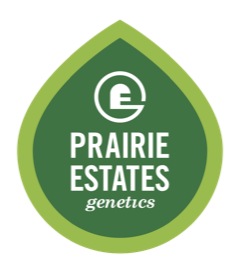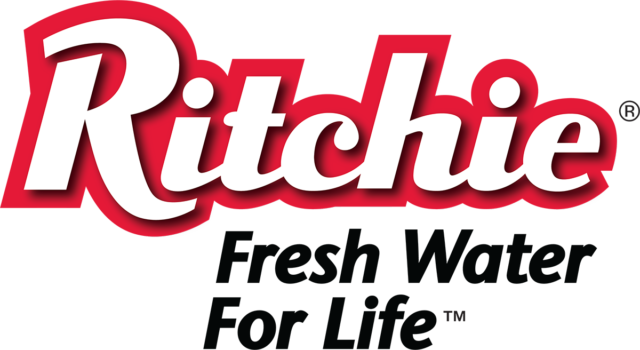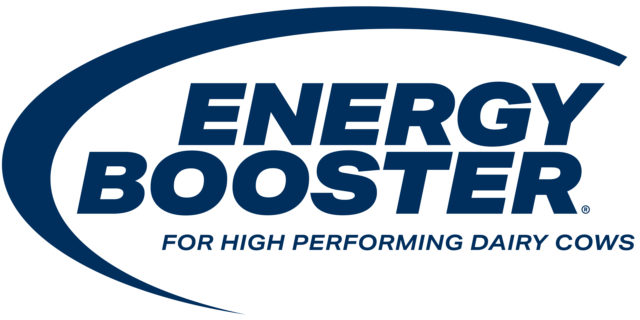After more than two years of meetings, the Pew Commission on Industrial Farm Animal Production finally released its recommendations in late April, more than a month after their initially scheduled release.
The stated purpose of this commission on its website was to “conduct a comprehensive, fact-based and balanced examination” of the farm animal industry. However, in reports the commission has published, its stated mission was to “study the public health, environmental, animal welfare and rural community problems created by concentrated animal feeding operations, and to recommend solutions.”
How commissioners were selected has never been made clear, despite repeated inquiries over the past two years. These inquiries were made because only one of the commission’s initial members had any experience with mainstream modern animal agriculture. (That member resigned.) Additionally, seven of the commission’s 15 members had a public track record critical of modern animal agriculture, which they indicated in books, articles and letters to newspaper editors they wrote and/or gave in public presentations.
The commission – which was funded by $3.4 million from the Pew Charitable Trusts – was managed by Johns Hopkins University’s Center for Livable Future (CLF). CLF has funded the GRACE Factory Farm Project – with the stated goal, “To eliminate factory farming.” This group helped produce the Meatrix videos and a publication entitled “The Guide to Confronting a CAFO.”
The commission’s report is essentially a rehashing of activist complaints about modern livestock and poultry production, some of which are decades old. Worse yet, they don’t take into consideration advances agriculture has made. The recommendations in the report are going to be used by many activist groups, including the vegan-driven Humane Society of the United States (HSUS), to support their campaigns for increasing regulation on everyone that is involved in providing our nation with meat, milk and eggs.
Antimicrobials and manure management
The commission’s proposal to “phase out and ban use of antimicrobials for nontherapeutic use in food animals” along with its proposal to “immediately ban any new approvals of antimicrobials for nontherapeutic uses in food animals” should worry dairy producers. Please note the commission’s attempt to introduce the use of the word nontherapeutic instead of subtherapeutic, the commonly used term.
Using antimicrobials responsibly, whether to control therapeutic or subtherapeutic conditions, is crucially important to enhanced animal welfare and human welfare. It is our belief that all farmers, ranchers and veterinarians take this issue very seriously, simply because if a problem existed, those most likely to be affected are those who work on farms and their families. The commission’s proposals gloss over this reality.
Interestingly, the commission recommends that pharmaceutical companies be required to provide year-end annual reports for antimicrobials sold for food animals. If the group was truly interested in public health, it wouldn’t be interested in limiting its focus exclusively to animals. It also would be interested in tracking the use of antimicrobials in humans so the most comprehensive solutions could be developed.
The commission also proposed that definitions be changed to “bring a greater proportion of the waste” from farms under regulation. Not only is manure disposal already regulated at the state level, but this ivory tower recommendation is based on the incorrect assumption that animal waste is an unwanted byproduct – when it isn’t. Manure is being successfully substituted for enormous quantities of commercial fertilizer in crop production throughout the U.S., resulting in substantial energy savings. The recommendation also overlooks the fact that increased energy savings results in substantial greenhouse gas reductions.
Animal welfare
The commission proposed that animal welfare standards should be developed and monitored by the federal government and animal agriculture should be required to implement those standards. Our group believes that standards for animal care should be based on the expertise of veterinarians, farmers, ranchers and animal scientists – the people who work with farm animals daily. We also know that ensuring the best animal care possible is crucial to a farm’s long-term success. Perhaps if the commission had multiple representatives from modern agriculture, they would have recognized this reality.
The commission also recommends the elimination of tail-docking in dairy cows. Tail-docking emerged in New Zealand in the early 1900s to reduce the incidence of leptospirosis in workers milking cows. The American Veterinary Medical Association (AVMA) says that benefits of tail-docking include:
• Reduced risk of leptospirosis in milkers
• Improved cow and udder cleanliness
• Reduced incidence of mastitis and improved milk hygiene.
Additionally, AVMA says the actions of cows going through the process “have been interpreted as indicators of mild distress.” Studies also indicate that docking did not result in significantly more distress than restraint and blood sampling. Again, if the commission had more agricultural representatives and fewer anti-progress activists, perhaps they would have recognized this reality as well.
Terrifyingly, the commission attempts to discredit most existing animal welfare research by claiming that “funding that often comes from special interest groups.” The commission falsely insinuates – with no backing – that peer-reviewed published research coming from land-grant universities is tainted due to the funding from industry or “special interests,” by which it means check-off-funded commodity groups or agricultural businesses.
While the Animal Agriculture Alliance would support an increase in federal funding, we doubt that it will be coming. Further, we view the commission making recommendations that marginalize reputable organizations – that fund unbiased research to fuel future progress – as utterly irresponsible.
It is important to keep in mind that the $3.4 million commission was funded by the environmental arm of the Pew Charitable Trusts, which has also provided funds to the Tides Foundation, which has distributed funds to a bevy of anti-agriculture groups including People for the Ethical Treatment of Animals (PETA) and HSUS. If sources of funding taint results, it is absurd that this commission’s report has only been subject to minor scrutiny from mainstream media.
Where to go from here
These are just a few of the out-of-touch recommendations made by the commission. But the most important thing to remember is that the recommendations in the report are going to be used by many activist groups, including the vegan-driven HSUS, to support their anti-animal agriculture campaigns.
The commission plans to send its report to all senators and congressional representatives on Capitol Hill, in addition to providing the report to governors and attorneys general in all 50 states.
It is important that all of agriculture, including dairymen and the associations that represent them, point out the fallacies of the commission’s unrealistic recommendations. Part of this is providing factual information to your policy makers. (Resources to assist in this effort are available at www.animalagalliance.org)
Claiming your work is in the “public interest” is no substitute for quality work. The commission clearly fell short of its promise and everyone in agriculture must engage on both the state and federal levels to blunt the impact of its egregiously erroneous document. PD
Philip Lobo for Progressive Dairyman



